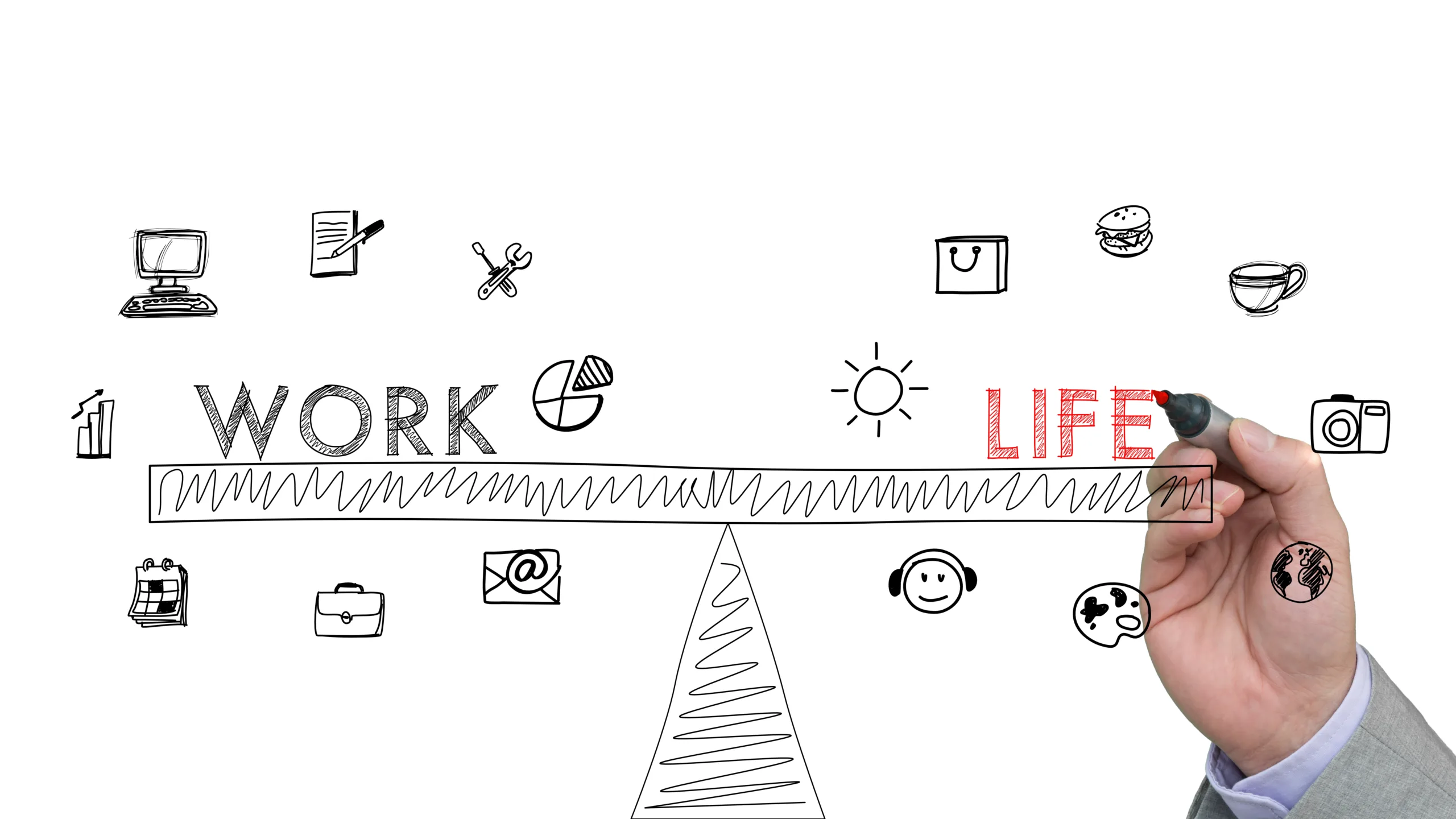Achieving Work-Life Balance: Essential Tools for Engineers
In today’s fast-paced and demanding work environment, engineers are finding it increasingly challenging to strike a harmonious balance between professional responsibilities and personal lives. Amidst rising interest rates and financial pressures, the urgency to excel professionally has escalated for both organizations and individuals. Achieving work-life balance, which involves juggling work demands with personal well-being, has become a focal point for today’s engineers. Armed with the right tools and strategies, achieving this balance can result in both personal and professional fulfilment. This article explores the concept of work-life balance, and examines the unique challenges engineers face,offering actionable strategies and tools to help you achieve a well-rounded life.
Understanding Work-Life Balance
Work-life balance is the art of skillfully managing one’s professional and personal responsibilities. This includes distributing time and energy across various life domains such as career, family, health, hobbies, and personal growth. For engineers, maintaining this balance is not just about preventing burnout—it’s also about enhancing job satisfaction and overall well-being.

It’s crucial to recognize that work-life balance is not a one-size-fits-all concept. Everyone has unique circumstances and priorities. The goal isn’t to achieve a perfect equilibrium, but rather to make consistent and thoughtful choices that align with both personal and professional goals.
Defining Work-Life Balance
Work-life balance differs from person to person, influenced by a variety of factors such as personal values, career goals, family obligations and overall well-being. For some, it might mean an equal distribution of time between work and home, while for others, the focus may shift depending on current life circumstances.

In essence, work-life balance is about allocating time and effort effectively across different areas of life to ensure a sustainable sense of fulfilment.
The Significance for Engineers
Engineers face their own set of challenges when striving for work-life balance. The demanding nature of their work, coupled with long hours and high-stress environments, often result in them neglecting personal well-being and relationships. However, maintaining work-life balance is crucial, not only for their mental and physical health but also for enhancing their performance and creativity in the workplace.

When engineers successfully achieve a healthy work-life balance, they’re more likely to experience reduced stress levels, increased job satisfaction, and an improved overall sense of well-being. This, in turn translates to higher productivity, better decision-making, and increased creativity in problem-solving.
Moreover, work-life balance plays a pivotal role in engineers’ long-term career success. By taking the time to recharge and engage in activities outside of work, engineers can prevent burnout and sustain their passion and motivation for their profession. This ultimately leads to a more fulfilling and enduring career in engineering.
Strategies for Achieving Balance
To help engineers attain work-life balance, several effective strategies can be employed. Here are three core strategies:
Effective Time Management Techniques
Time management is a crucial aspect of achieving work-life balance. Engineers can benefit from various techniques such as prioritizing tasks, creating to-do lists, and using productivity tools to optimize their workday. A particularly effective method is the Pomodoro Technique, where work is done in focused 25-minute intervals followed by 5-minute breaks to recharge. This technique enhances focus, and the breaks allow time for personal activities.
Creating Boundaries Between Work and Personal Life
Establishing clear boundaries between work and personal life is vital. Engineers can set specific work hours, designate tech-free zones at home, and communicate their availability to colleagues and clients. Prioritizing personal time without interruptions helps maintain a healthy balance. Designating technology-free areas at home, like the dining area, aids in disconnecting from work and engaging in personal activities, thus promoting well-being.
Prioritizing Health and Well-being
Health and well-being should not take a back seat for engineers. Prioritizing regular exercise, sufficient sleep, and nurturing personal relationships is crucial for achieving a work-life balance. Incorporating exercise into daily routines, ensuring adequate sleep, and spending quality time with loved ones all contribute to a sense of fulfilment and support beyond work.
Conclusion
Work-life balance is an essential component of a fulfilling life for engineers. By adopting effective time management techniques, setting boundaries, and placing emphasis on health, engineers can strike a harmonious balance between their personal and professional lives. This leads to better productivity, increased creativity, and heightened job satisfaction.
Key Takeaways
1. Work-life balance requires effective management of professional and personal demands.
2. Work-life balance is a personalized concept; prioritize according to your values.
3. Engineers gain multiple benefits from maintaining a balanced life, including reduced stress and increased job satisfaction.
4. Employ time management techniques, like the Pomodoro Technique, to focus better.
5. Create clear boundaries between work and personal life.
6. Prioritize health through regular exercise, sufficient sleep, and nurturing relationships.
7. Striving for balance enhances overall productivity, creativity, and job satisfaction.


